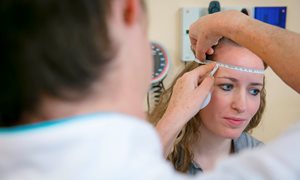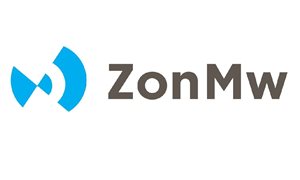
All University Medical Centers (UMCs) and the Netherlands Cancer Institute (NKI) will collaborate under the leadership of Nicoline Hoogerbrugge from Radboud university medical center to build a large database of individuals with a proven hereditary predisposition to cancer. They will receive €3.4 million from KWF for this initiative. The database is expected to expedite research on hereditary cancer.
Research on hereditary cancer is progressing slowly, first of all due to its rarity, making it a challenge to accumulate sufficient data. ‘This means reaching out to multiple hospitals, which search their databases and manually input the data’, says Nicoline Hoogerbrugge, Professor of Hereditary Cancer. ‘If we want to maintain a strong position in the Netherlands in hereditary cancer research, we need to collaborate more and more efficiently.’
This collaboration is now set to happen: Hoogerbrugge will receive €3.4 million from KWF to build, populate, and test a large national database containing information on individuals with a diagnosed hereditary predisposition to cancer. This work will be done in collaboration with the genetics departments of all UMCs and the NKI, totaling eight centers. Each center will have a data manager to ensure that data on hereditary cancer becomes much more robust and easily accessible, ultimately significantly speeding up future research.
Family
In the Netherlands, approximately 300,000 people have an hereditary increased risk of cancer. Heredability accounts for almost all forms of cancer, on average three to four percent, but the percentage varies by cancer type. For example, heredity plays a minimal role in lung cancer, mainly caused by smoking. However, in ovarian cancer, this percentage is much higher, around fifteen percent.
It is crucial to determine whether cancer has a hereditary cause. Sometimes, a specific therapy is available based on the genetic error. Additionally, doctors and patients can explore prevention or early detection to prevent the patient from developing a second primary cancer due to the genetic error. Lastly, the relatives with the hereditary predisposition can follow surveillance programs to prevent cancer or, at the least, detect it early to improve survival.
Recognition
Genetic testing of hereditary cancer is only performed when warranted, and primarily diagnosed in UMCs. Currently it is too expensive to test nearly everyone, however this is expected to change as the costs of genetic testing diminish. ‘This is the perfect time to build this database’, says Hoogerbrugge. ‘It will be ready when we start conducting genetic testing at a much larger scale in a few years.’
The hereditary cause of cancer often goes unrecognized. The database can also aid in this aspect. ‘In case we ensure that we have a lot of data in one database, we can better identify the characteristics and recognize hereditary cases more effectively’, explains Hoogerbrugge. ‘Patient associations are also enthusiastic about this project, because we will get a much clearer picture of how often certain types of hereditary cancer occur.’
The new project is named NESTOR: NEtherlandS genetic TumOr Risk Registry and will last for four years.
-
Want to know more about these subjects? Click on the buttons below for more news.
More information
Annemarie Eek

wetenschapsvoorlichter





